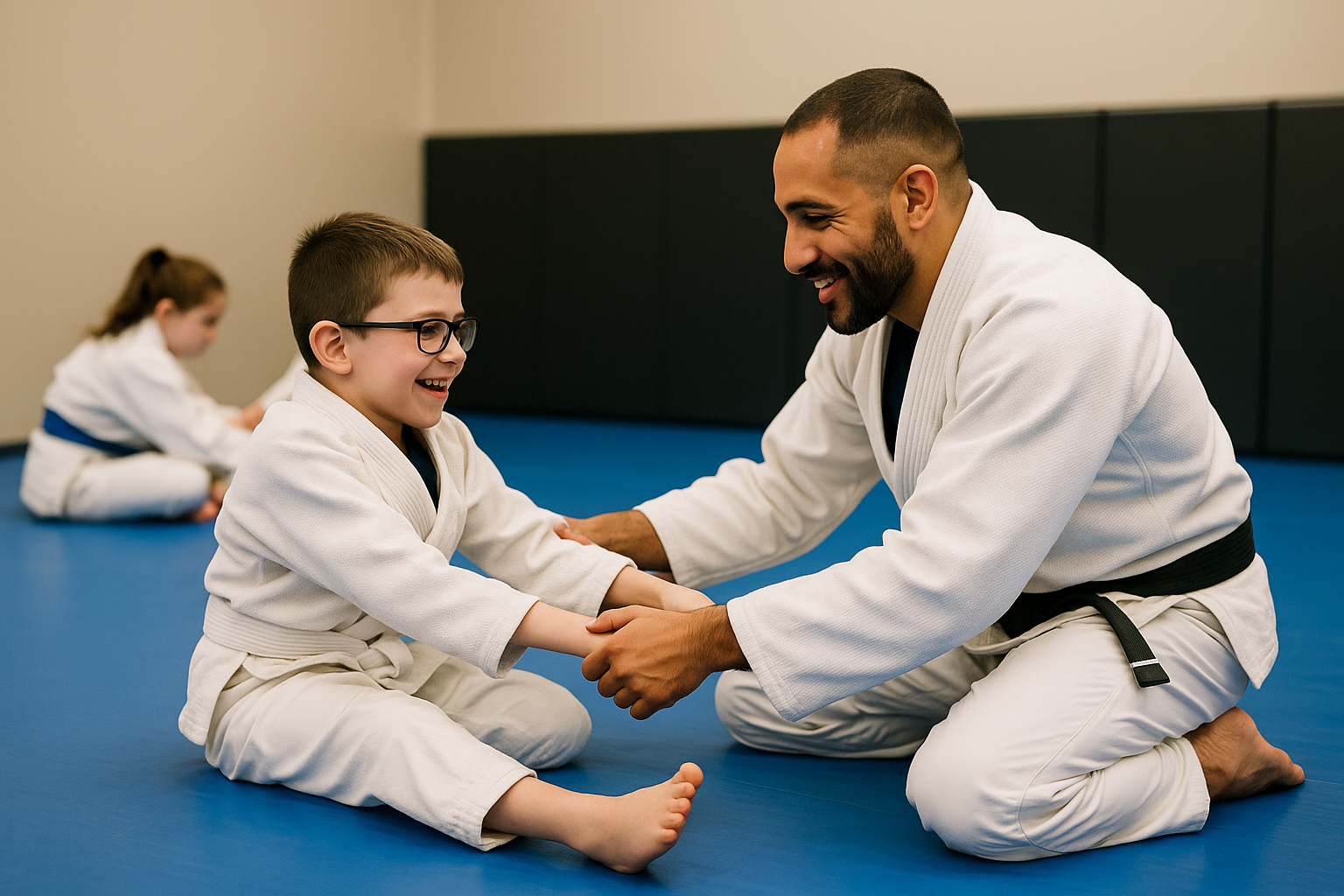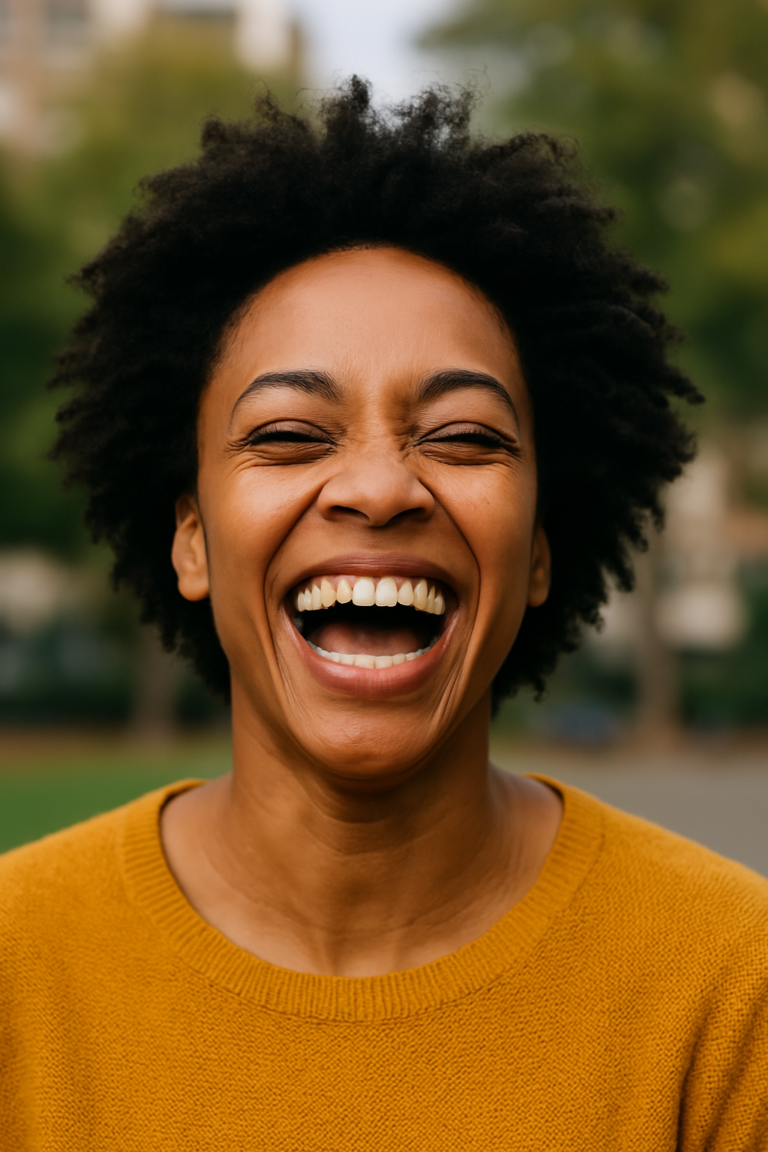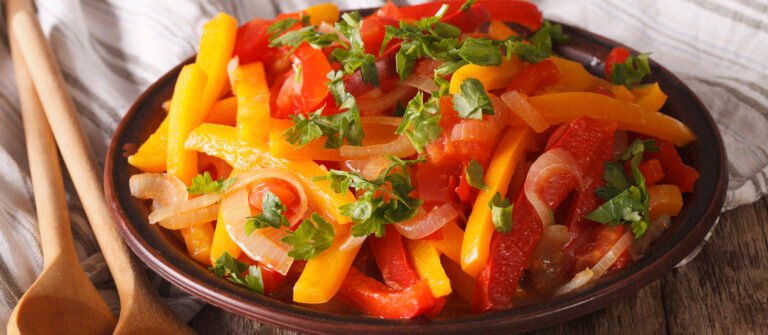Adaptive Jiu-Jitsu: Building Strength in All Kids
In a world where every child deserves the opportunity to grow with confidence, strength, and resilience, adaptive Jiu-Jitsu offers a path forward. For kids of all abilities-including those with developmental, physical, or sensory challenges-this martial art is more than just self-defense. It becomes a tool for empowerment, connection, and personal discovery.
Through structure, supportive coaching, and tailored instruction, Jiu-Jitsu opens doors for kids who might not find success in traditional sports. It builds skills that stay with them for life, both on and off the mats.
What Is Adaptive Jiu-Jitsu?
Adaptive Jiu-Jitsu modifies traditional techniques and teaching styles to meet the needs of children with different physical, sensory, or cognitive abilities. It maintains the heart of Brazilian Jiu-Jitsu-balance, leverage, control-but adapts its delivery to match each student’s strengths and learning style.
Rather than expecting every child to fit into a rigid mold, adaptive Jiu-Jitsu is about meeting kids where they are and helping them reach their fullest potential at their own pace.
Why Jiu-Jitsu Is a Natural Fit for All Abilities
While many team sports rely heavily on quick reactions, verbal communication, or intense competition, Jiu-Jitsu offers a different approach. Its structure and emphasis on individual growth make it especially well-suited for kids of varying needs:
Predictable routines
that reduce anxiety and foster trust
Clear visual and physical cues
for learning new skills
Personalized goals
instead of fixed timelines or comparison
Positive reinforcement
that celebrates effort as much as achievement
This environment allows children who may feel overwhelmed or overlooked in other sports to thrive.
Physical Benefits That Go Beyond the Mat
Adaptive Jiu-Jitsu offers full-body physical development, which is crucial for growing kids:
Improved strength and flexibility
through grappling and drills
Enhanced balance and motor planning
via controlled movements
Better cardiovascular endurance
from active, engaging classes
Body awareness and proprioception
that support safer movement in daily life
For children with disabilities or neurodiverse needs, building physical strength isn’t just about athleticism-it’s about confidence, independence, and resilience.
Emotional Growth Through Movement
One of the most profound effects of adaptive Jiu-Jitsu is emotional development. As kids work through challenges on the mat, they internalize lessons that extend far beyond physical techniques:
Resilience:
Learning to keep trying after a failed attempt or difficult drill.
Patience:
Understanding that growth is a process, not an instant result.
Confidence:
Achieving even small victories helps kids see themselves as capable and strong.
Students gain emotional stability through structured challenges, gradually learning how to handle frustration, manage setbacks, and believe in themselves.
A Safe Way to Explore Limits and Strengths
Adaptive Jiu-Jitsu also teaches kids a crucial life lesson: how to understand and respect their bodies.
When to push forward
When to rest and listen to signs of fatigue
How to set healthy physical boundaries
This self-knowledge is especially important for kids managing sensory sensitivities, muscle weakness, or motor coordination challenges. They learn that true strength includes knowing when to slow down and take care of themselves.
Building Social Skills Naturally
Social interaction can sometimes be a source of stress for children with special needs. Adaptive Jiu-Jitsu creates a safe space where friendships and communication skills can grow organically.
Partner drills encourage collaboration and teamwork.
Turn-taking and communication are built into each exercise.
Coaches model and reinforce positive, respectful interaction.
Without forcing participation, the environment fosters natural, supportive engagement among students. Many kids who once struggled to make friends find real connection through shared goals on the mats.
Preventing Bullying by Building Confidence
Kids who carry themselves with confidence are less likely to be bullied-and adaptive Jiu-Jitsu helps instill that confidence.
Self-assurance:
Kids learn to stand tall, look others in the eye, and speak with clarity.
Calm conflict resolution:
Techniques teach de-escalation and non-violent self-protection.
Awareness of surroundings:
Children become more mindful and better able to recognize unsafe situations.
By reinforcing personal dignity and self-respect, Jiu-Jitsu empowers students to navigate social challenges with poise.
Why Choosing the Right Program Matters
While adaptive Jiu-Jitsu can be transformative, not every school is equipped to offer the kind of thoughtful, flexible instruction that neurodiverse and differently-abled kids need. It’s crucial for parents to find a program that prioritizes:
Patient, experienced instructors who understand special needs
Small class sizes or individualized attention
A positive, affirming environment focused on growth, not competition
One standout example is ARKA School of Jiu-Jitsu. Known for its welcoming, adaptive approach, ARKA offers personalized coaching that meets each child where they are. Under the guidance of Coach Wancler, who has extensive experience working with children of all abilities, many families have seen remarkable improvements in their kids’ confidence, control, and communication skills.
How ARKA Supports Neurodiverse and Special Needs Kids
At ARKA, every child is viewed through a lens of possibility, not limitation. Some key ways ARKA supports adaptive learning include:
Breaking down techniques into simple, visual steps
Allowing time for repetition and mastery at each child’s pace
Providing calming strategies when sensory overload occurs
Celebrating effort and personal milestones
Parents consistently share stories of transformation-kids becoming more engaged at school, more communicative at home, and more confident in daily life.
Importantly, the training extends beyond the mats. Children carry the lessons of resilience, problem-solving, and body respect into every aspect of their lives.
Real Stories, Real Growth
Families who have enrolled their children in adaptive Jiu-Jitsu often report:
Decreased anxiety
Improved ability to focus and self-regulate
Greater willingness to try new activities
Stronger communication and social interaction skills
For many kids, Jiu-Jitsu is the first sport where they feel truly understood, included, and celebrated for who they are.
A Path to Lifelong Empowerment
The goal of adaptive Jiu-Jitsu is not to create champions on a competition stage. It is to empower kids to feel strong in their bodies, calm in their minds, and confident in their lives.
Whether a child dreams of mastering martial arts techniques or simply wants to feel safer and more connected to their peers, Jiu-Jitsu provides a powerful foundation for growth.
Every child deserves the opportunity to unlock their potential-and adaptive Jiu-Jitsu is one beautiful way to make that possible.
Final Thoughts
Jiu-Jitsu is not about fighting-it is about self-discovery. Through adaptive instruction, kids of all abilities can build physical strength, emotional resilience, and social confidence.
If you are looking for a program that truly understands and supports your child’s unique journey, exploring options like ARKA School of Jiu-Jitsu is a meaningful first step. With the right coaching and community, every child can find strength, belonging, and pride on the mats.







